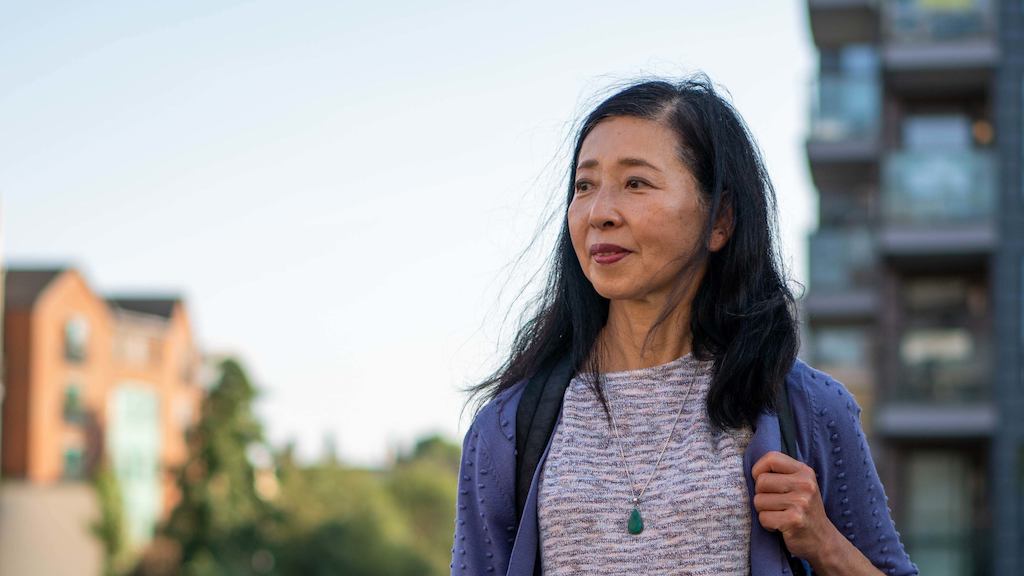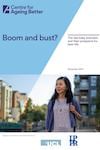The report also highlights shocking levels of inequality faced by people from Black, Asian and Minority Ethnic (BAME) backgrounds in this age group. People from BAME groups are much less likely to be in the richest wealth group, and much more likely to be in the poorest. Meanwhile, 17% of people from BAME groups in their 50s and 60s are unable to meet their current financial needs, compared to 5% of people from White backgrounds. The research also found that a staggering 40% of people from BAME backgrounds report low levels of satisfaction with their lives, compared to 26% of those from White backgrounds.
The research raises concerns about the quality of work and degree of financial security those in their 50s and 60s are experiencing. Today, more than half of people in this group say their work is excessively demanding – almost doubling since 2002. One in three say they feel a lack of control over their work, compared to just 9% in 2002. At the same time, there is a risk that poor health could push many out of work early, with a third of this group saying their health impacts their ability to work; meanwhile, 42% of workers in this age group also have caring responsibilities.
In spite of the risks facing this generation, little policy focus has been dedicated to alleviating these challenges. But, without action, many will suffer poverty, ill-health, unsafe homes and loneliness in old age – with a real risk that the experience of later life will worsen further for future generations.


